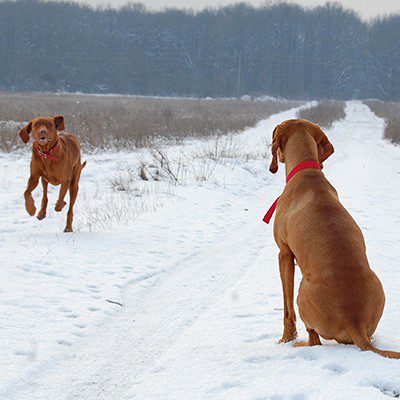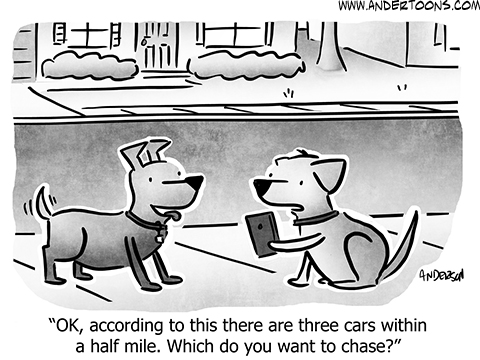May 3rd is Adopt A Specially-Abled Pet Day! If you’re ready to bring a new pet into your home, please don’t overlook that cute blind dog or the kitty with one eye. These imperfect pets are just as loving and affectionate as any other dog or cat. A local Roanoke, VA vet discusses adopting one of these lovable pets below.
Get Your Home Ready
In many cases, setting your home up properly may be half the battle. If you’re adopting a blind dog or cat, pick up anything that your pet could trip over or hurt themselves on. You’d want to use baby gates near stairs, and put things like thorny plants and fragile vases in high, secure spots. If your new kitty is blind, setting out carpet runners and putting up scent markers, such as air fresheners, may help her navigate her new home.
Consult Your Vet
One reason that specially-abled pets often get overlooked is that people just assume that they need a lot of extra care. You may also assume that your new furry friend will need more veterinary appointments than other pets. However, this isn’t necessarily the case. As far as home care, you may just need to do some things differently. And while your pet certainly will need proper veterinary care, this doesn’t necessarily mean they need to come in more than other pets. If your new canine pal is missing an eye, there just may not be a need for extra medical care once he’s healed. That said, every pet is different, so you’ll need to consult both your pet’s current caretaker and your vet.
Do Some Research
Just learning a few tips and tricks can make a huge difference. For instance, you may be able to train a deaf dog to come when you wave a flashlight or laser pointer. Check different online groups and forums, and ask your vet for advice.
Pat Yourself On The Back
If you’re bringing home that unlucky, unwanted pet, you definitely have our support. Giving one of these cute dogs or cats a home is an extremely kind and selfless thing to do. You’ll be repaid with love, cuddles, and purrs or tail wags. What more could you want?
Contact us, your local Roanoke, VA animal clinic, for more information on caring for a specially-abled pet. We are always here to help!








